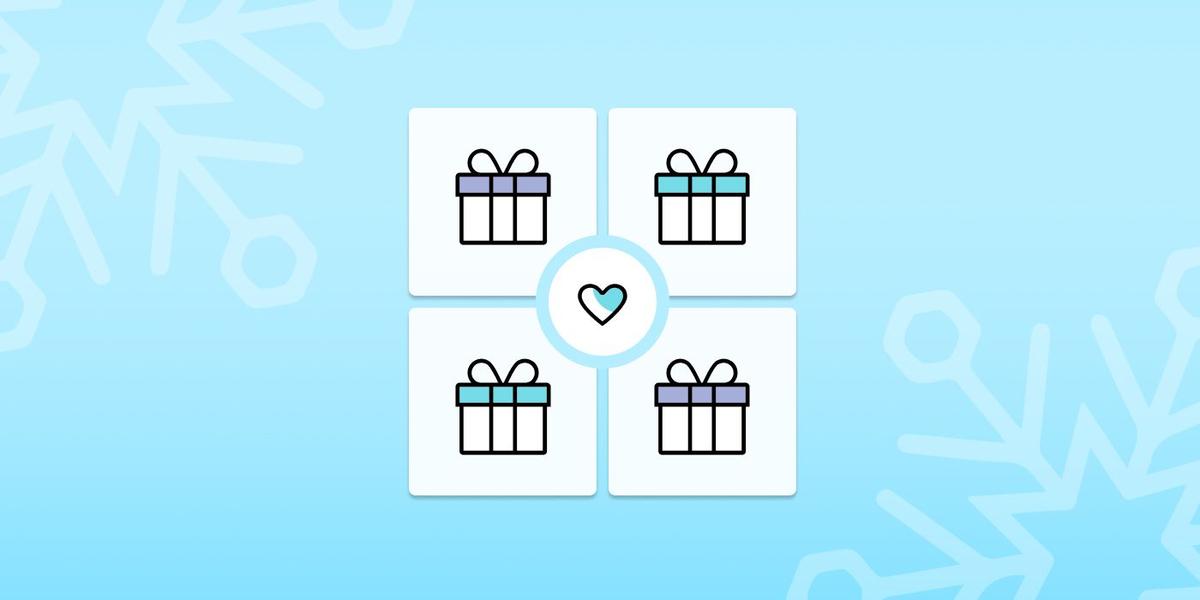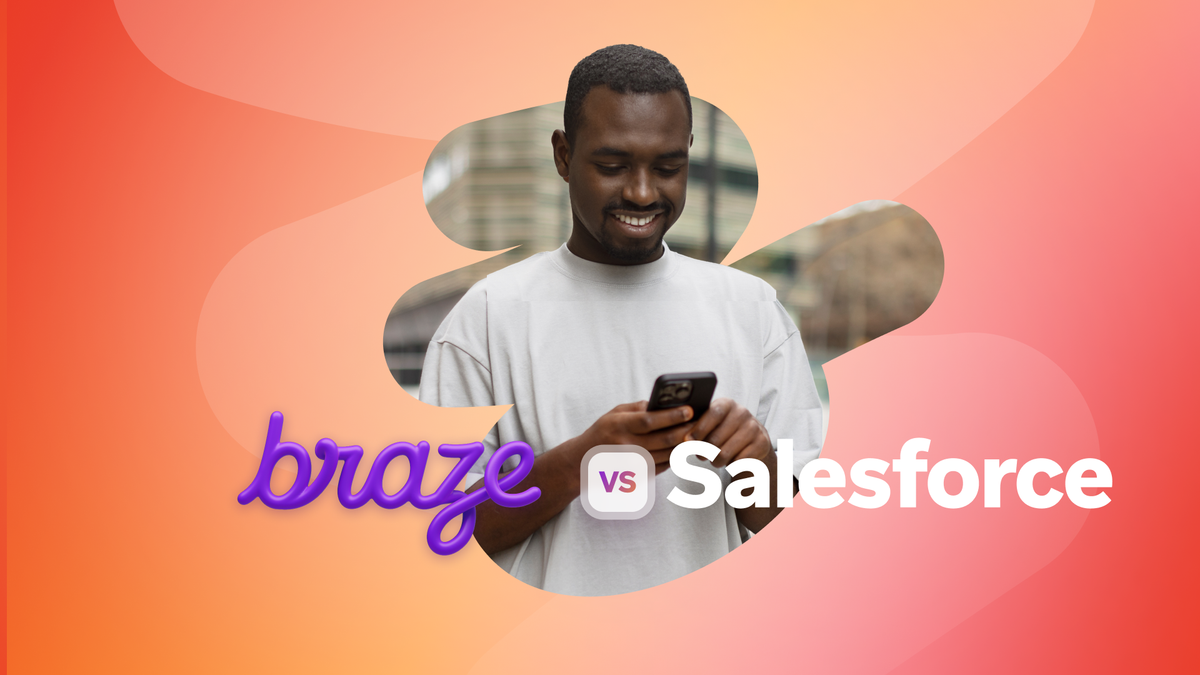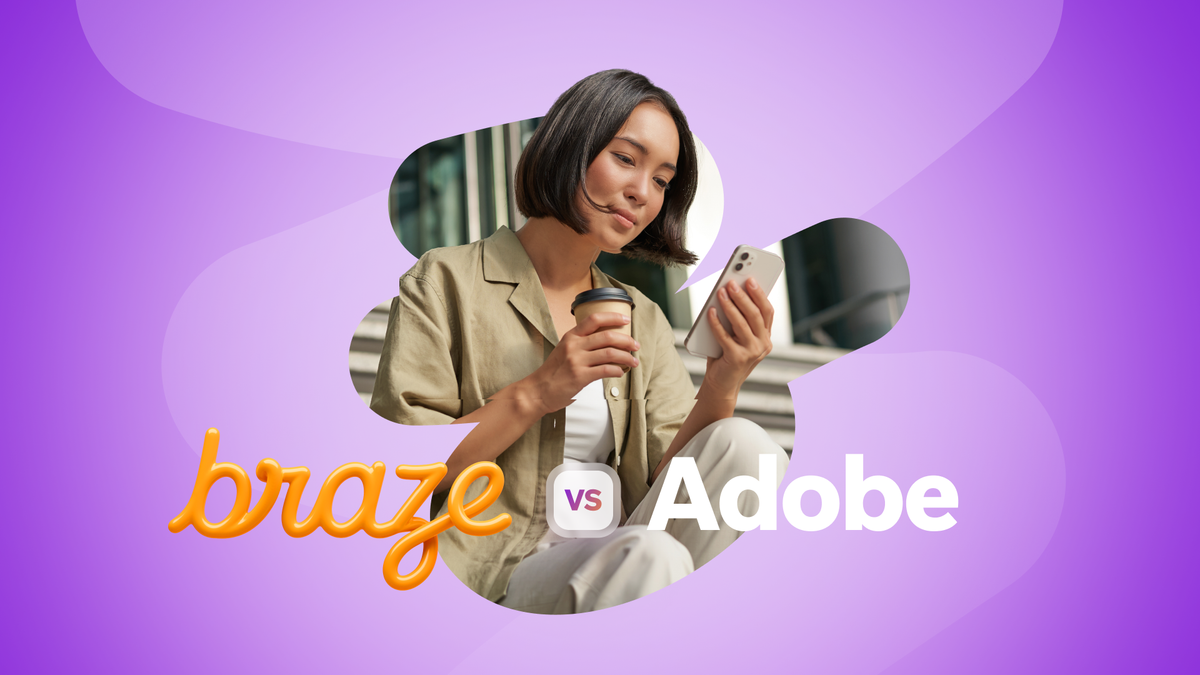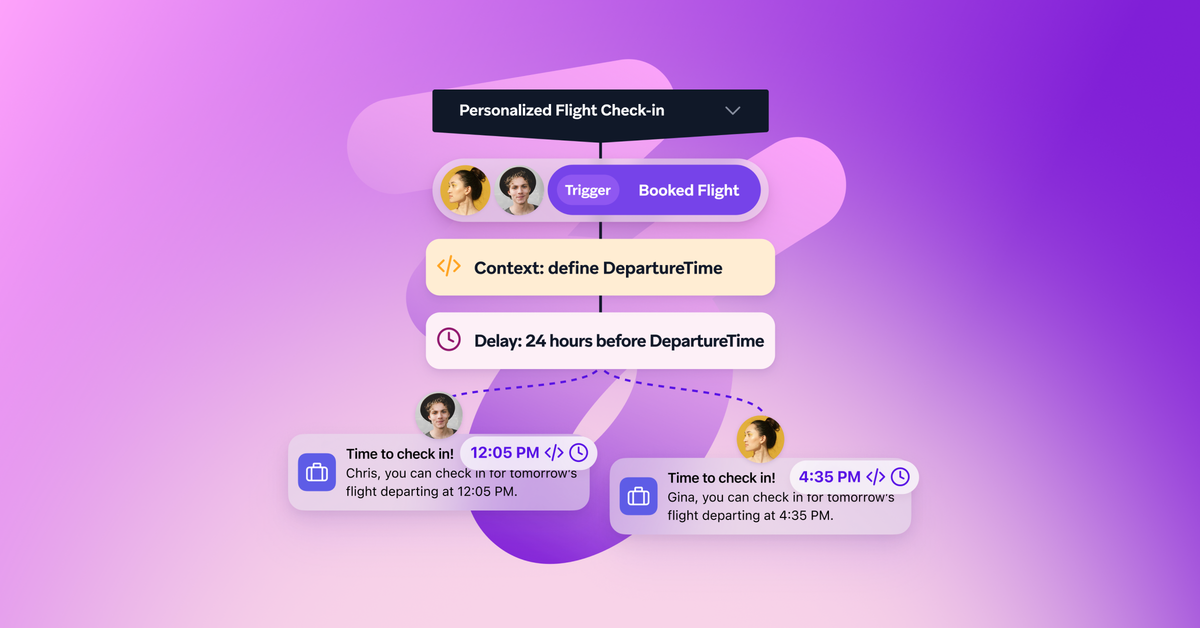Mastering Black Friday: 4 Keys to Optimizing Customer Engagement During The Holiday Season
Published on December 04, 2019/Last edited on December 04, 2019/5 min read


Marcus Carney
Business Intelligence Analyst, BrazeWith billions of dollars in retail sales taking place every year during Black Friday and the Thanksgiving holiday weekend, brands need to seize every opportunity to get in front of consumers and make a real connection. And with the number of online-only shoppers now outnumbering those who shop exclusively in-store, it’s becoming even more important for brands to be strategic and intentional with their digital communications—especially their mobile messaging, which continues to be an important part of businesses’ holiday planning.
To understand how customers engage with brands during the holidays, we analyzed the billions of messages sent by leading retail brands over the past three years (2017–2019) to reveal insights on how to most effectively reach consumers during the holiday season. This year, 2.9 billion messages were sent using Braze on Black Friday and Cyber Monday alone—and one retail brand actually hit a record, sending roughly 2.5M emails per minute to reach customers in a timely manner.
Here’s what we learned (The results might surprise you!):
1. Plan Ahead
If you’re waiting to connect with your customers until the week of Thanksgiving—or even the month of November—our data shows you’re already too late. Last year, Braze data showed that Thanksgiving week saw the second-lowest email open rate all year.
The data shows that consumers are more engaged and interested in emails throughout the month of October, and the very last week of the year, making it crucial to start campaigns early. If you're relying on email for Black Friday deals, and you aren't targeting shoppers in October, your promotions run the risk of being ignored entirely.
2. Don’t Rely on Holiday Retention to Grow Customer Loyalty
While Black Friday is a key moment for many businesses, it may not be such a boon for customer retention. We looked at 30-day retention data from the three prior quarters, and found that the 30-day drop-off rates for retail customers in general tend to be steep. In the most recent quarter, for example, Day 1 retention—that is, the number of users who return the day after logging their first app session—was at 13.2% for our sample versus 0.9% retention just 30 days later. So while Black Friday may be a quick opportunity to drive sales, these customers are more likely deal hunters, rather than customers looking to build a long term relationship.
3. Break Through the Noise
As much as consumers are engaged in October, they’re also receptive and engaged during the last week of the year, which is roughly bookended by Christmas and New Year’s Eve. While this is a prime time to engage with consumers, the sheer number of messages people are receiving during this period means it’s imperative that marketers strategize to grab the attention of their customers.
The number of messages sent during the holidays just keeps rising. Within the two weeks leading up to and including Christmas, there was a 245% year-over-year increase in push notifications sent from 2017 to 2018...and in 2018, marketers sent 17% more push notifications across the last two weeks of the year than they did the week of Black Friday. By leveraging personalization tools like the Braze platform’s send-time feature—Intelligent Timing—which tracks user behavior, learns when they’re most likely to check their messages, marketers can automatically send outreach at the most impactful time for each individual recipient.
4. Optimize Your Brand’s Send Frequency
For retail, it’s more important than ever before for retail brands to construct smooth, engaging user experiences and message customers when, where, and how they prefer. And, with more and more messages being sent during this period, some consumers may choose to just tune out completely.
When it comes to email, our data suggests that retailers may be underutilizing this channel—but that they should be cautious about adding too many more messages to the mix. Retail brands tend to send less than the one email per user each month that constitutes optimal frequency in this channel. Depending on what your brand is looking to do (increase open rates, boost app engagement, or drive more conversions, for instance), getting closer to that magic number is probably wise.
The optimal push frequency benchmark for retail is 2-4 monthly push notifications per user, in terms of driving the best conversion rates. But in this crowded time of the year, retailers looking to break through should consider leveraging advanced push techniques like geolocation-based campaigns and personalized retail experiences to add real value to your messages and help them stand out in your users’ crowded notification centers.
The Net-Net?
Overall, our data indicates that while Black Friday is clearly a key time to get in contact with consumers, it’s also more crowded and confusing than ever. To stand out in the crowd, retailers need to follow new best practices including what we outline above—personalization, creating strong relationships with consumers outside of the holiday season, and optimizing send frequency. Most importantly, prioritize testing and measurement throughout the year to make sure your brand is set up for success come next year's Black Friday.
Methodology
This analysis examined data covering the months of October, November, and December in 2017/2018 and October and November 2019 from 26 premier retail brands using the Braze platform. For the purposes of this analysis, transactional messages—such as purchase confirmations—were not considered. In addition, customer retention was measured by looking at first and last session over a 90-day period.
Related Tags
Releated Content
View the Blog
Braze vs Salesforce: Which customer engagement platform is right for your business?

Team Braze

Braze vs Adobe: Which customer engagement platform is right for your brand?

Team Braze

Every journey needs the right (Canvas) Context
